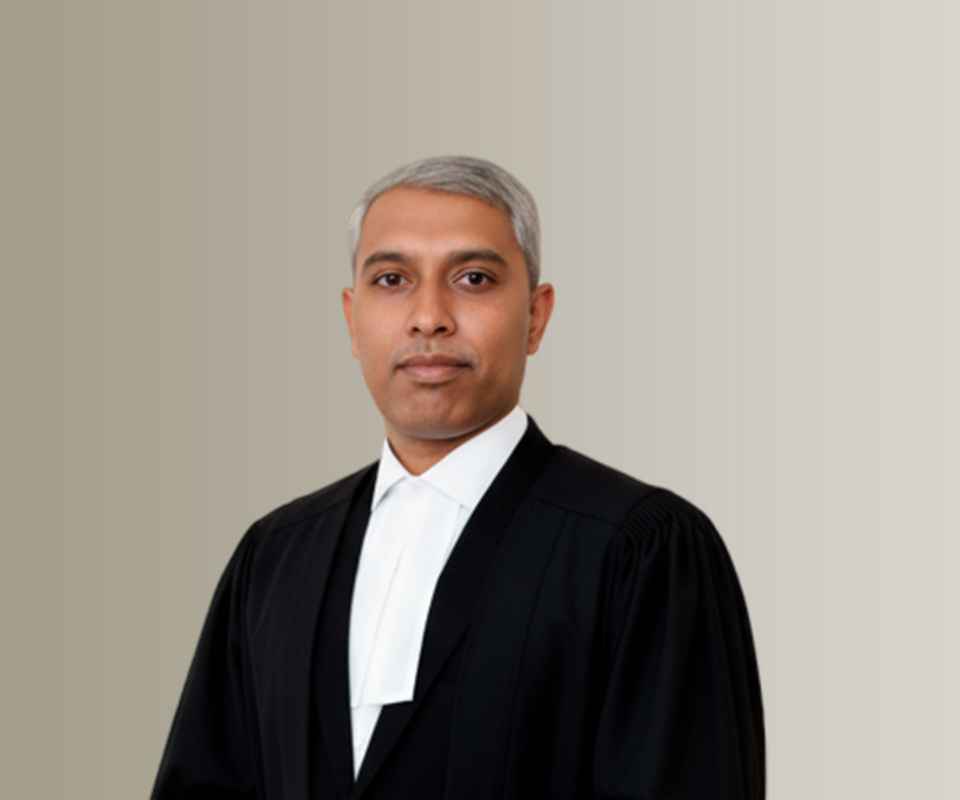Answer By law4u team
In India, custody battles typically arise when parents separate or divorce, and they disagree on where the child should live or who should have primary responsibility for the child’s care and upbringing. During such disputes, children have specific rights, and Indian law prioritizes the child’s welfare above all else. While the parents’ rights are also important, the family court's primary concern is to ensure that the child’s best interests are served.
1. Child’s Right to Live in a Safe and Stable Environment
The right to a safe and stable environment is one of the most fundamental rights of a child during a custody battle. The family court will assess whether each parent or guardian can provide a safe, healthy, and nurturing environment for the child. Factors like financial stability, the parent’s ability to care for the child, and the child’s emotional security will be taken into account.
Child’s Physical and Emotional Safety:
The court will also consider whether the child is at risk of abuse, neglect, or exposure to violence with either parent. The court’s goal is to place the child in an environment that ensures their physical, emotional, and psychological well-being.
2. The Right to Have a Voice in the Custody Decision
Although a minor child generally cannot directly participate in the legal proceedings, the child’s preferences are considered, especially if the child is of sufficient maturity and understanding (usually around the age of 9 or 10). This is in line with the principle of respecting the child’s wishes, as long as they align with the child's best interests.
Child’s Wishes:
If the child is older and able to express a preference for one parent over the other, the family court may take this into consideration when making a decision, provided that it does not harm the child’s well-being.
Guardian Ad Litem:
In some cases, a guardian ad litem (a neutral person appointed by the court) may be appointed to represent the child’s interests and provide the child’s views to the court.
3. The Right to Equal Parental Time
Under Indian law, children have a right to maintain relationships with both parents, unless there are serious reasons (such as abuse or neglect) that would make such contact detrimental to the child’s well-being. This means that shared custody or visitation may be ordered if both parents are fit to care for the child.
Visitation Rights:
Even if one parent is granted primary custody, the non-custodial parent typically retains visitation rights, which may include weekend visits, holidays, and regular contact with the child. These rights are in place to help the child maintain a bond with both parents, unless one parent is considered unfit or harmful to the child.
4. The Right to Emotional and Psychological Support
The child has the right to emotional and psychological support during a custody battle, which can be a stressful and confusing time. Family courts may order that the child undergoes counseling or therapy to help them deal with the emotional toll of the dispute.
Child Counseling:
If necessary, a child psychologist or psychiatrist may be involved in the process to assess the child’s emotional state and provide guidance to the court. In some cases, the court may appoint a child welfare expert to ensure the child’s best interests are being met.
5. The Right to Maintenance and Support
During a custody battle, children have the right to adequate financial support from both parents. The parent with whom the child is not living may be required to pay maintenance (child support) for the child's daily needs, including education, healthcare, and other living expenses.
Section 125 CrPC:
Under Section 125 of the Criminal Procedure Code (CrPC), a child is entitled to maintenance from the non-custodial parent, ensuring that the child's needs are met even if they are not living with both parents.
6. The Right to Stability in Custody Arrangements
The court may grant primary custody to one parent, but it will ensure that the child has stability in their living arrangements. Frequent changes in custody or sudden alterations in the child’s environment are generally discouraged unless absolutely necessary for the child’s welfare.
Stability and Continuity:
The court will prefer maintaining continuity in the child’s life, including schooling, friends, and community, unless there is a compelling reason to change the living arrangement.
7. Legal Representation and Protection of the Child’s Interests
While children are not typically involved directly in legal proceedings, they are entitled to legal protection during a custody battle. In some cases, a guardian ad litem (a neutral person) is appointed to act in the child’s best interests, ensuring their rights are protected.
Guardianship and Welfare:
The family court may also appoint a guardian ad litem to represent the child’s interests in the custody proceedings. This person acts as an advocate for the child, providing the court with information on what is best for the child.
8. Family Court's Role in Protecting Child's Rights
Family courts in India have a paramount duty to protect the best interests of the child. They have the authority to issue interim orders for visitation, custody, and maintenance and can change these orders as required to serve the child’s best interests. The court will always aim to ensure the child is placed in the safest, most supportive environment possible, considering the child’s physical, emotional, and social needs.
Example Case Scenarios
Custody Dispute Between Parents:
A couple is going through a divorce, and the father seeks primary custody of their 7-year-old child. The mother disagrees and claims that the father is emotionally distant. The court will interview the child (if the child is old enough to express their views), assess the parents’ ability to provide care, and may appoint a guardian ad litem to represent the child’s interests. If the child expresses a preference to live with the mother and the father is deemed unfit to provide care, the court may grant custody to the mother.
Child's Right to Maintenance:
In a divorce case, the mother gets custody of the child, and the father is required to pay child support. The court will ensure that the child’s educational and healthcare needs are met by ordering the father to contribute financially, even if he does not have primary custody.
Shared Custody Arrangement:
In a situation where both parents are fit and capable of caring for the child, the court may opt for a shared custody arrangement, allowing the child to spend time with both parents regularly. The court may order visitation schedules based on the child’s age, preferences, and overall well-being.
Conclusion
During custody battles, children’s rights are focused on ensuring that their welfare is protected at all times. Indian family courts prioritize the best interests of the child, considering factors like emotional safety, parental fitness, maintenance, and the child’s ability to express preferences. Custody and visitation arrangements are designed to maintain the child’s stability, emotional well-being, and right to both parental relationships unless there are significant reasons to limit access. The courts are empowered to appoint a guardian ad litem, order counseling, and make decisions that are most beneficial for the child's long-term development.







